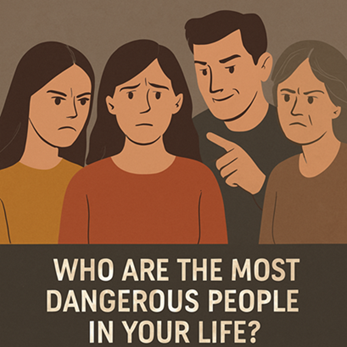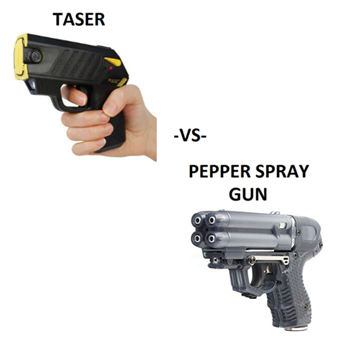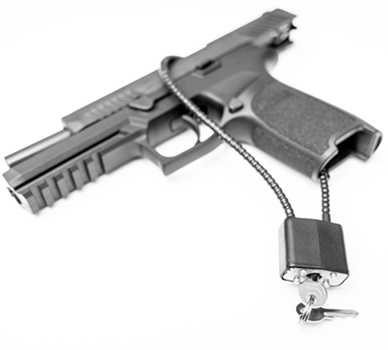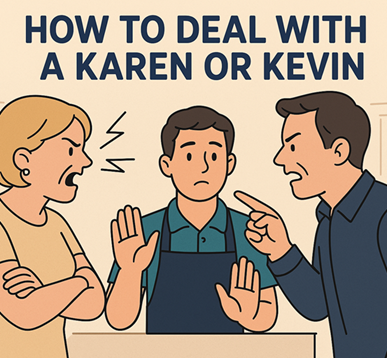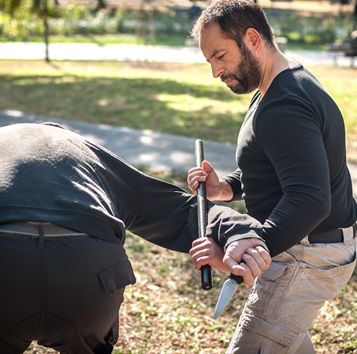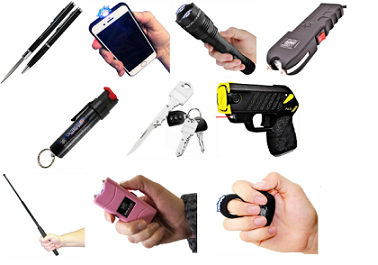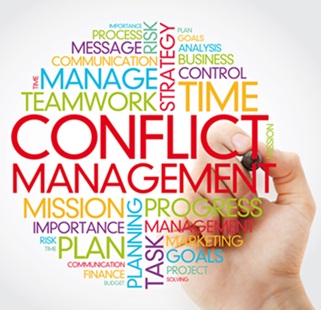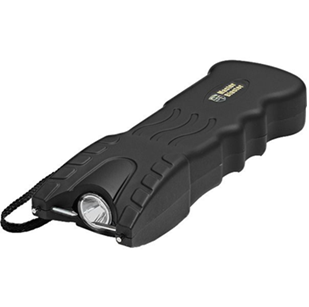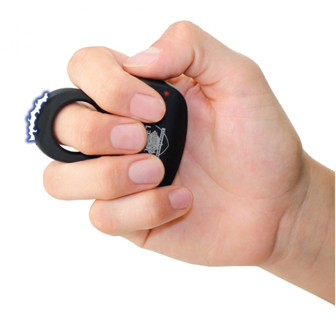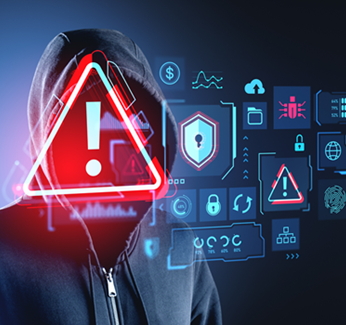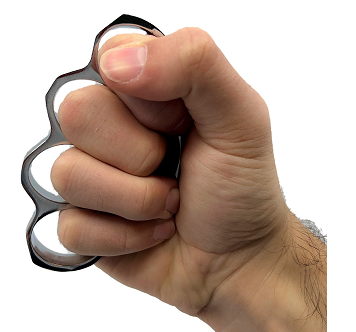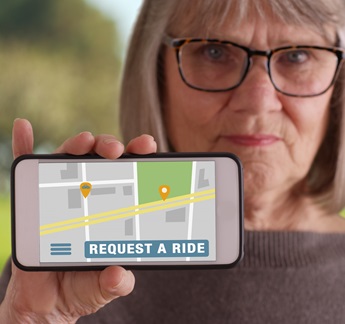Boosting Your Health: A Key to Enhancing Personal Safety
 When we think about personal safety, the first things that often come to mind are self-defense techniques, home security systems, or situational awareness. While these are all critical components of staying safe, there is another aspect that is equally important but often overlooked: your health. Maintaining good physical and mental health plays a significant role in personal safety, enabling you to react appropriately in dangerous situations, maintain resilience, and even prevent incidents from occurring in the first place.
When we think about personal safety, the first things that often come to mind are self-defense techniques, home security systems, or situational awareness. While these are all critical components of staying safe, there is another aspect that is equally important but often overlooked: your health. Maintaining good physical and mental health plays a significant role in personal safety, enabling you to react appropriately in dangerous situations, maintain resilience, and even prevent incidents from occurring in the first place.
The Link Between Physical Health and Personal Safety
Physical health directly impacts your ability to protect yourself. If you’re fit and healthy, you are more likely to have the strength, endurance, and agility needed to avoid or escape potentially dangerous situations. Here’s how different aspects of physical health contribute to personal safety:
-
Strength and Muscle Tone: Strength is a crucial factor in self-defense. Being able to resist, push away, or hold off an attacker can give you the precious seconds needed to escape or call for help. Regular strength training, such as lifting weights, bodyweight exercises, or even yoga, can help build the necessary muscle tone.
-
Cardiovascular Fitness: Being able to run away from a dangerous situation can be a lifesaver. Cardiovascular exercises like running, swimming, or cycling enhance your heart and lung capacity, allowing you to maintain physical exertion for longer periods. This endurance can be crucial in emergencies, whether you're running to safety or just needing the stamina to stay alert and focused.
-
Flexibility and Agility: Flexibility and agility aren’t just for athletes. These traits help you move quickly and efficiently, avoiding obstacles or evading attackers. Regular stretching, yoga, or activities like dance or martial arts can improve your flexibility and agility.
-
Body Weight: Maintaining a healthy weight can also contribute to your ability to stay safe. Excess weight can slow you down, making it harder to react quickly in a crisis. On the other hand, being underweight or malnourished can lead to weakness and fatigue, reducing your ability to defend yourself.
-
Reaction Time: Good physical health contributes to faster reflexes and better reaction times. Whether you need to dodge an oncoming car, catch yourself from falling, or respond to a threat, quick reflexes can make all the difference.
Mental Health and Its Role in Personal Safety
Just as physical health is crucial to personal safety, so too is mental health. Your mental state affects your awareness, decision-making, and response to stress—all key factors in staying safe.
-
Situational Awareness: Being mentally sharp helps you stay aware of your surroundings, identify potential threats, and make quick decisions. Anxiety, depression, or stress can cloud your judgment and reduce your ability to notice and respond to dangers. Regular mental health practices like mindfulness, meditation, or therapy can help maintain a clear and focused mind.
-
Stress Management: Stress is an inevitable part of life, but how you manage it can impact your safety. High stress levels can lead to panic, poor decision-making, and physical symptoms like headaches or fatigue, all of which can compromise your ability to protect yourself. Learning to manage stress through techniques like deep breathing, exercise, or talking to a counselor can help you stay calm and collected in high-pressure situations.
-
Confidence and Assertiveness: Good mental health fosters confidence and assertiveness, both of which are essential for personal safety. Confidence allows you to project strength and deter potential attackers, while assertiveness helps you set boundaries and stand up for yourself. Building self-esteem through positive self-talk, goal setting, and seeking support from friends or professionals can help boost your confidence.
-
Decision-Making Skills: Your mental health affects your ability to make sound decisions quickly. In an emergency, you need to assess the situation and choose the best course of action—whether it’s running, hiding, or fighting back. Cognitive exercises, stress management, and staying mentally active can improve your decision-making abilities.
-
Resilience: Mental resilience helps you recover from trauma, injury, or other setbacks, enabling you to return to your normal life more quickly. Building resilience through positive relationships, self-care practices, and seeking help when needed can make you more equipped to handle the aftermath of dangerous situations.
Practical Steps to Improve Health for Better Safety
Understanding the connection between health and personal safety is one thing, but putting it into practice is another. Here are some actionable steps you can take to improve both your physical and mental health, thereby enhancing your safety:
-
Incorporate Regular Exercise: Aim for at least 30 minutes of moderate exercise most days of the week. Include a mix of cardiovascular, strength, and flexibility exercises. Activities like jogging, swimming, lifting weights, and yoga can help keep your body in peak condition.
-
Maintain a Balanced Diet: Eating a nutritious diet rich in fruits, vegetables, lean proteins, and whole grains provides the energy and nutrients your body needs to stay strong and alert. Avoid excessive consumption of sugar, processed foods, and alcohol, as these can lead to weight gain, sluggishness, and impaired judgment.
-
Prioritize Sleep: Adequate sleep is essential for both physical and mental health. Aim for 7-9 hours of sleep per night to ensure your body and mind are well-rested and ready to face the day’s challenges.
-
Practice Stress-Reduction Techniques: Incorporate stress management practices into your daily routine. Meditation, deep breathing, journaling, or even spending time in nature can help reduce stress and keep your mind clear.
-
Stay Hydrated: Dehydration can lead to fatigue, dizziness, and confusion—all of which can compromise your safety. Make sure you’re drinking enough water throughout the day, especially during physical activities.
-
Stay Mentally Active: Keep your mind sharp by engaging in activities that challenge your brain. Puzzles, reading, learning new skills, or playing strategy games can all help maintain mental agility.
-
Regular Health Check-Ups: Don’t neglect routine medical check-ups. Regular visits to your doctor can help catch and address health issues before they become serious, ensuring that you stay in top physical and mental condition.
Conclusion: A Holistic Approach to Safety
Taking care of your health is not just about living longer or feeling better; it’s about staying safe in a world full of potential threats. By prioritizing both your physical and mental well-being, you equip yourself with the tools needed to respond to dangers, avoid threats, and recover from challenges. Personal safety is a holistic endeavor—one that involves caring for your body and mind just as much as learning self-defense techniques or installing a home security system.
Incorporate these health practices into your daily life, and you’ll find that not only do you feel better and stronger, but you’re also more prepared to face whatever life throws your way.
Company Info
Customer Service
Product Information
- TASER® and Stun Devices Regulations by State
- TASER® Safe Escape Product Replacement Guarantee
- TASER® Comparison Chart
- TASER® User Manuals
- TASER® Warranty Info
- Byrna Product Catalog
- PepperBall Manuals & Spec Sheets
- Pepper Spray Laws
- Air Gun Laws
- States that Restrict Automatic and Butterfly Knives
- Our Print Catalog


























